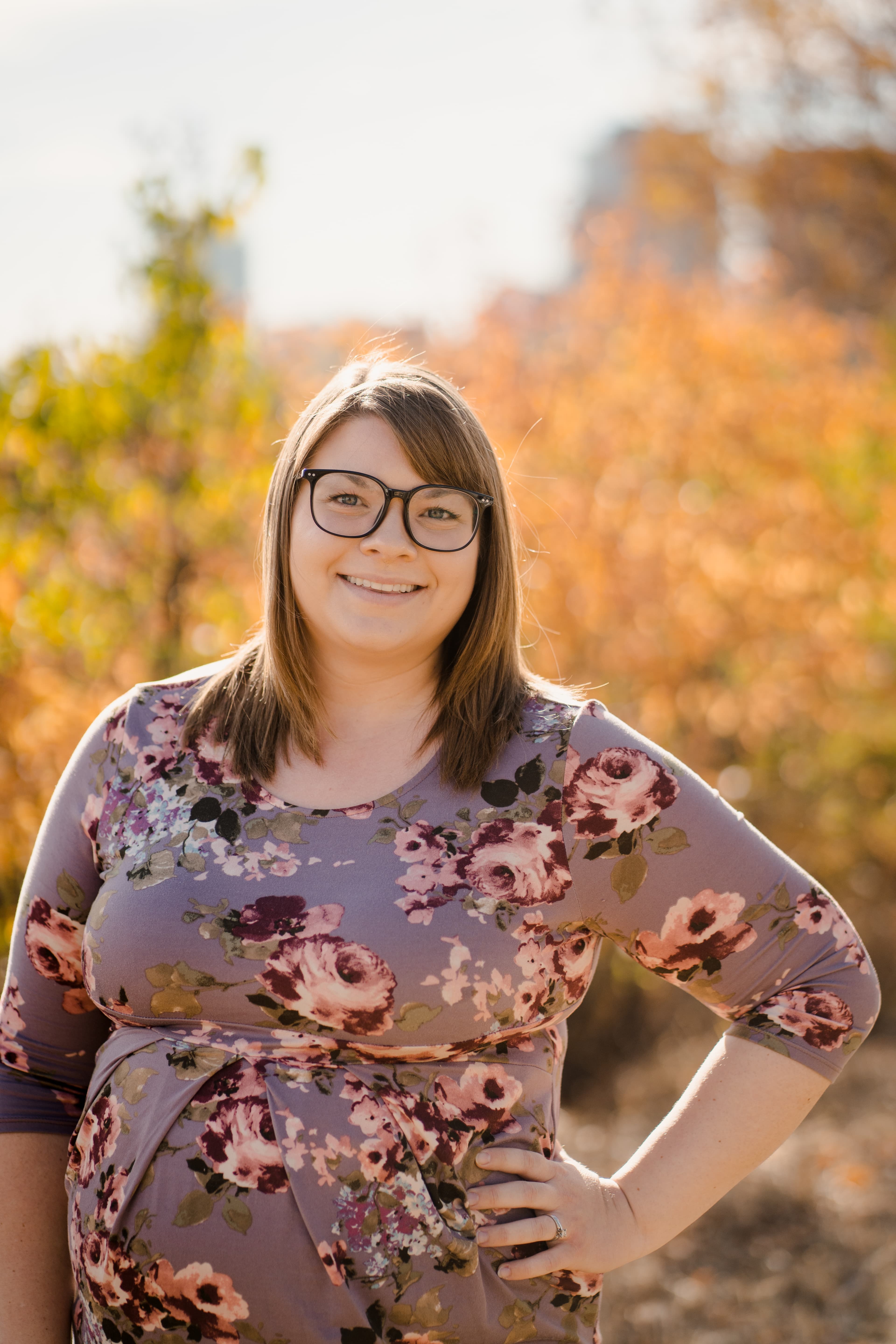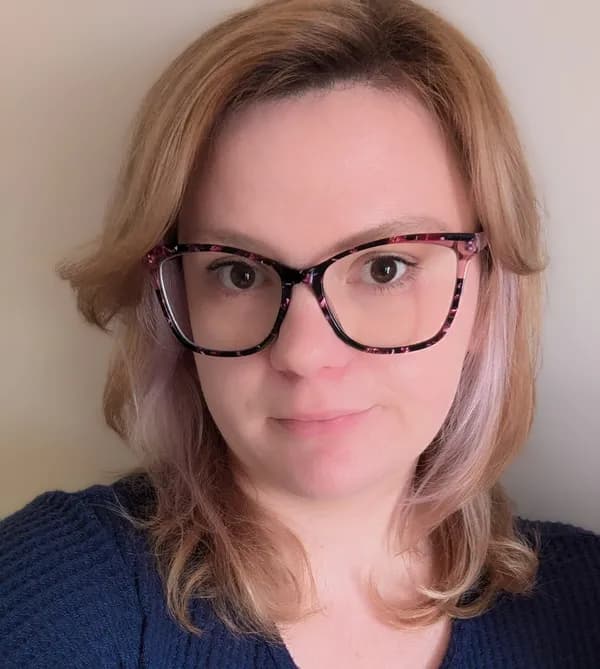Therapy for domestic abuse

Abuse at home leaves invisible scars. When the person who was supposed to care for you uses control, fear, or violence, your sense of safety is shaken. It may feel like you’re constantly alert, unsure who you can trust, or struggling to make everyday decisions. Healing from domestic abuse is not about forgetting. It’s about rebuilding safety, dignity, and connection at your own pace.
Understanding domestic abuse
It isn’t just physical
Domestic abuse involves any pattern of behaviour used to gain power or control over a partner or family member. It can include emotional manipulation, verbal insults, sexual coercion, isolation, stalking, or financial control. Many survivors doubt their experiences because “it wasn’t violent enough.” But abuse is not measured by bruises. It’s measured by fear and loss of autonomy.
Common emotional impacts
Survivors often describe anxiety, flashbacks, guilt, self-blame, or feeling “frozen.” You may find yourself second-guessing every decision or apologizing for things that aren’t your fault. Sleep, appetite, and concentration may change. These are trauma responses, not personality flaws.
Understanding the numbers
How domestic abuse changes your life
Safety and control
Even after leaving, many survivors stay on high alert. Loud voices, certain smells, or messages may trigger panic. Therapy helps retrain your body to feel safe again without minimizing real safety planning needs.
Self-worth
Living under control or criticism erodes confidence. You might hear the abuser’s voice in your head long after you’re safe. Therapy helps you recognize those messages as false and reconnect with your own values.
Relationships
Trusting others again can feel impossible. A trauma-informed therapist helps you learn what safe connection looks like—friendship, love, and boundaries that protect rather than isolate.
How therapy supports recovery
Safety first
The first goal of therapy is always safety: emotional, physical, and practical. You’ll create a plan for crisis moments, identify safe contacts, and learn grounding tools for panic or flashbacks.
Working through trauma
Once stability is in place, therapy may explore the memories and beliefs that keep you stuck. You don’t have to tell everything at once. A good therapist moves at your pace, helping you rebuild control over your story.
Approaches often used in therapy
Trauma-focused CBT
Helps reduce guilt, intrusive thoughts, and self-blame. You’ll learn to challenge beliefs like “I should have left sooner” and replace them with “I did what I could to stay safe.” CBT is strongly supported by research for survivors of intimate partner violence.
EMDR and body-based therapies
Eye Movement Desensitization and Reprocessing (EMDR) and somatic approaches help your body release the physiological hold of trauma. They’re especially useful if you feel “frozen” or react automatically to reminders.
Empowerment and boundary work
Recovery includes rediscovering your right to say “no,” make decisions, and define safe relationships. Therapy provides a space to practice these skills until they feel natural again.
What to expect from therapy
Assessment and safety planning
The first few sessions focus on understanding your situation and ensuring safety. You and your therapist may identify warning signs, triggers, and coping strategies. You decide what to share and when.
Active healing work
As trust builds, you’ll learn new coping tools and begin addressing trauma memories and self-beliefs. Many survivors start noticing better sleep, calmer reactions, and more confidence within a few months.
Reconnection and future planning
Later sessions focus on relationships, rebuilding joy, and strengthening your sense of agency. Therapy helps you design a life defined by choice, not fear.
Find a therapist for domestic abuse
Choosing the right therapist matters. Each province in Canada has its own regulations, which is why working with a recognized professional can make a real difference in your care. Stellocare takes the uncertainty out of the process by listing only verified therapists you can trust.
The right therapist for you
No therapists found with these specialties in Ontario.
Try selecting a different province.Resources and immediate support
Canadian crisis and support services
Assaulted Women’s Helpline (Ontario)
24-hour phone and chat for women and non-binary people affected by abuse. Call 1-866-863-0511 or visit awhl.org.
Menand
Support for men experiencing or concerned about domestic violence. Call 1-833-327-MENS(6367) or visit menand.ca.
Victim Services Ontario
Provincial information and referrals for crisis supports, shelter, and financial assistance. Learn more.
Canadian Resource Centre for Victims of Crime
National advocacy and emotional support for survivors of crime and abuse. crcvc.ca.
Emergency and crisis support
If you are in immediate danger, call 911. If you are in crisis, call or text 9-8-8 anywhere in Canada for mental health and suicide support.
What you can do right now
Small grounding steps
- Take three slow breaths: exhale longer than you inhale.
- Notice five things in your surroundings to remind your body you are in the present.
- Keep an item that represents safety (like keys or a comforting scent) nearby.
Safety reminders
- Keep important documents and emergency contacts in a safe, accessible place.
- Tell one trusted person you can check in with daily if it’s safe to do so.
- Trust your instincts. They are survival skills, not paranoia.
Questions about healing from abuse
Can therapy make me relive the abuse?
Good trauma therapy will not force you to relive anything before you are ready. The process is gentle and paced. You decide what feels safe to talk about.
What if I still care about my abuser?
Mixed feelings are normal. You can care about someone and still recognize the harm they caused. Therapy helps you separate compassion from obligation and make decisions that protect you.
How long will recovery take?
Healing is personal. Many survivors begin feeling more grounded within a few months of consistent therapy. Full recovery often unfolds over time as trust and stability return.
Related concerns
References
- Statistics Canada. (2019). Family violence in Canada: A statistical profile. Retrieved from https://www150.statcan.gc.ca/n1/pub/85-002-x/2019001/article/00011-eng.htm
- Andersson, G., et al. (2021). Individually tailored Internet-delivered cognitive-behavioral therapy for survivors of intimate partner violence: A randomized controlled pilot trial https://pmc.ncbi.nlm.nih.gov/articles/PMC8452796/
- Canadian Resource Centre for Victims of Crime. https://crcvc.ca/
- Assaulted Women’s Helpline. https://www.awhl.org/
- Victim Services Ontario. https://www.ontario.ca/page/victim-services-ontario
About Stellocare
Stellocare is a Canadian platform where you can find the best fit therapist for you. Search the right thperaists now by asking our AI, browsing our list, or finding our social workers for personal referral.

Elena Temelkova
Registered Psychotherapist (Qualifying) (ON)

Rebecca Sun
Registered Clinical Counsellor (BC)

Stefania Bonanno
Registered Social Worker (ON)

Jonathon Zarb
Registered Psychotherapist (ON)

Raluca Petridis
Registered Psychotherapist (ON)

Joe-Ann Watkins
Registered Psychotherapist (Qualifying) (ON)

Justin Appler
Registered Psychotherapist (Qualifying) (ON)

Marlo Drago
Registered Social Worker (ON)

Claudia Dargis
Registered Psychotherapist (ON)

Morgan Fancy
Registered Psychotherapist (ON)

Mat Dean
Registered Psychotherapist (ON)

Victoria Nyman
Registered Psychotherapist (Qualifying) (ON)

Shauna Cheney
Registered Social Worker (BC)

Lisa Davis
Registered Social Worker (ON)

Nicole Klix
Registered Clinical Counsellor (BC)

Andrea Laurie
Canadian Certified Counsellor

Kaitlin Schamber
Registered Psychologist (AB)

Jessica Marshall
Registered Counselling Therapist (NS)

Sofia Noreen
Registered Psychotherapist (ON)

Judith Klapak
Counselling Therapist (AB)

Elena Temelkova
Registered Psychotherapist (Qualifying) (ON)

Rebecca Sun
Registered Clinical Counsellor (BC)

Stefania Bonanno
Registered Social Worker (ON)

Jonathon Zarb
Registered Psychotherapist (ON)

Raluca Petridis
Registered Psychotherapist (ON)

Joe-Ann Watkins
Registered Psychotherapist (Qualifying) (ON)

Justin Appler
Registered Psychotherapist (Qualifying) (ON)

Marlo Drago
Registered Social Worker (ON)

Claudia Dargis
Registered Psychotherapist (ON)

Morgan Fancy
Registered Psychotherapist (ON)

Mat Dean
Registered Psychotherapist (ON)

Victoria Nyman
Registered Psychotherapist (Qualifying) (ON)

Shauna Cheney
Registered Social Worker (BC)

Lisa Davis
Registered Social Worker (ON)

Nicole Klix
Registered Clinical Counsellor (BC)

Andrea Laurie
Canadian Certified Counsellor

Kaitlin Schamber
Registered Psychologist (AB)

Jessica Marshall
Registered Counselling Therapist (NS)

Sofia Noreen
Registered Psychotherapist (ON)

Judith Klapak
Counselling Therapist (AB)

